Dynastic affairs and international relations were once a seamless continuum. Royal weddings accompanied peace treaties. An heirless realm was vulnerable to invasion. Botched successions led to war.
This is the political context of King Lear but Deborah Warner sets the play in modern times, which muddles everything. Britain in the Dark Ages is represented by a scout hut or a therapy suite. Plain walls, bleached flooring, a semi-circle of blue plastic chairs. Enter the king’s court led by a crownless Glenda Jackson (Lear), sporting a black ensemble topped by a chic scarlet cardigan. Is this a brutal tyrant on the brink of a psychotic meltdown? Nope. It looks like Granny wearing ‘something special’ for her 80th at the care home. She and her colleagues discuss the dismemberment of the kingdom and the scene moves to a vacant warehouse with a fridge full of beer, centre-stage. It’s Goneril’s palace, apparently. The action continues with an air of random whimsicality. Here comes the Fool (Rhys Ifans) in a Superman costume. Sargon Yelda does a funny-foreigner accent that makes Kent unintelligible. Simon Manyonda plays Edmond as a sporty teenager who delivers the ‘God, stand up for bastards’ speech while flexing his abs and doing some yoga. A bemused William Chubb performs Albany in a crumpled tweed suit that makes him look like C.S. Lewis regretting his decision to join the Magdalen Amateur Players.
Doubtless they had lots of fun rehearsing this stuff and receiving ‘brainwaves’ in the dressing-room but it’s a bore to watch because nothing means anything. Cannier cast members realise that the embellishments will misfire. Excellent Celia Imrie, though too old for the newly-wed Goneril, is crisply authoritative in a Hillary trouser suit. Karl Johnson plays it straight as Gloucester in a navy blue sports jacket (Matalan, £29.29).
The synthetic thunderstorm is quite good. Wobbly sheeting, video hail, bangs and flashes. But the actors are inaudible despite microphones (Shakespeare’s fault for writing an unplayable scene). Glenda gives it a decent shot. She’s too mannered at times, often snarly rather than menacing. Without weapons or armour her violent threats are meaningless. Once she nearly throws a plastic chair at Kent. At the end of the play, she’s sad but it’s a borrowed sadness, the product of training and preparation, not of true suffering.
One imagines that the placement of a female in the lead role was intended to make this mad old yarn clearer and more dramatic. Consider another mad old yarn. ‘Humpty Dumpty’. Would it be clearer or more dramatic if Humpty were played not by an egg but by a satsuma? The four-hour grind reveals very little except that history dramas should be set in the past and that men play unhinged warlords better than women.
Naturally the show has delighted its target audience, the connoisseurs and the aficionados, the been-there-done-that crowd who need novelty to mask their frustration that they can never again approach Shakespeare with the feverish excitement of a novice. Hesitate for an eternity before exposing teenagers to this ordeal. Chances are you’ll convert them into lifelong Bard-dodgers.
Farceurs are taught to avoid plots that turn on financial gain. ‘Money ain’t funny.’ To this prohibition another might be added. ‘Avoid comedies about comedians.’ Terry Johnson’s 1994 play takes a huge risk by postulating a suburban club devoted to the TV stars of the 1970s. When Benny Hill dies the fans gather to perform karaoke versions of his best-known sketches and songs. It’s hard to imagine a device more likely to alienate audiences. What if you hate Benny Hill? What if you’ve never heard of him. What if you’re a woman? Johnson shrewdly places a Hill-hating female character, Eleanor, at the centre of the action. We sympathise with her instantly and yet we’re chivvied into watching Hill’s sketches with forgiveness because the men perform them with such innocence and love.
The comedy is only the pretext for a story that turns on a sexless marriage. Eleanor contemplates a future without children and begins to suspect her husband of fathering a baby elsewhere. Ultimately, this is a mediation on power, specifically on female power, and the ability of a wronged woman to assert her primacy within her own household. Extraordinary Katherine Parkinson plays the pivotal role. Her voice, which is almost a character in its own right, is full of bizarre complications. It’s low, wheedling, obscurely sexy, jokey, clever and gloriously sarcastic. Yet it’s not quite suited to stage-work. It lacks volume. There’s a natural sibilance whose effect is compounded by a tendency to compress syllabic groups that might be articulated more distinctly. And yet it perfectly conveys Eleanor’s defining virtue, her insouciant obduracy.
This is one of the funniest plays I’ve ever seen. And one of the saddest. Hats off to Terry Johnson for faultless direction of his own work.
Got something to add? Join the discussion and comment below.
Get 10 issues for just $10
Subscribe to The Spectator Australia today for the next 10 magazine issues, plus full online access, for just $10.

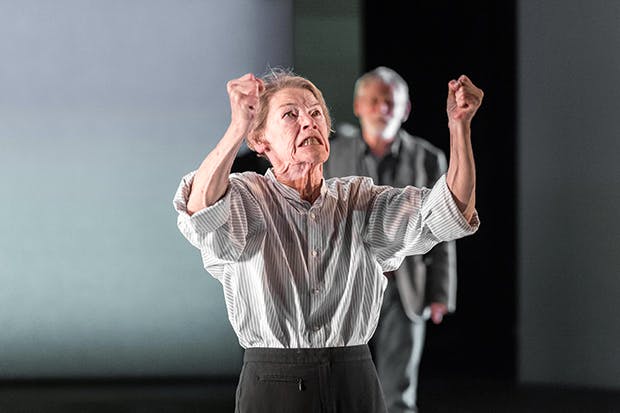
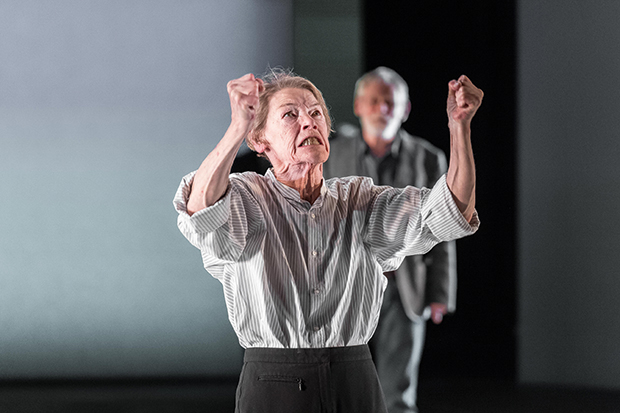
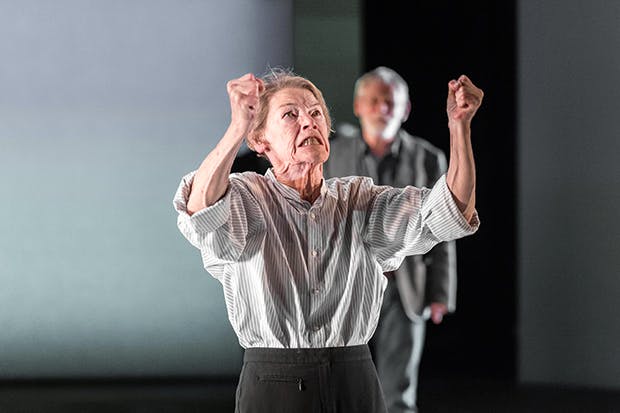


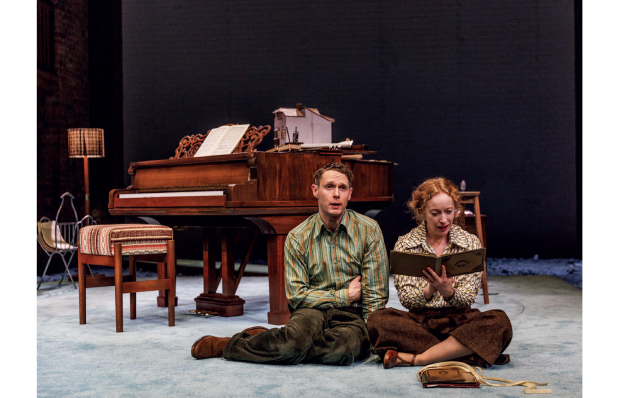
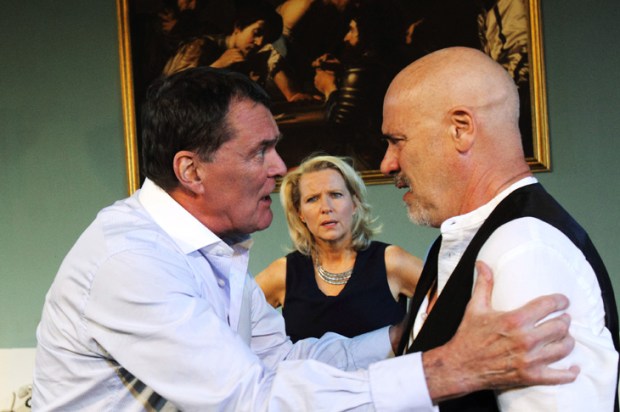






Comments
Don't miss out
Join the conversation with other Spectator Australia readers. Subscribe to leave a comment.
SUBSCRIBEAlready a subscriber? Log in